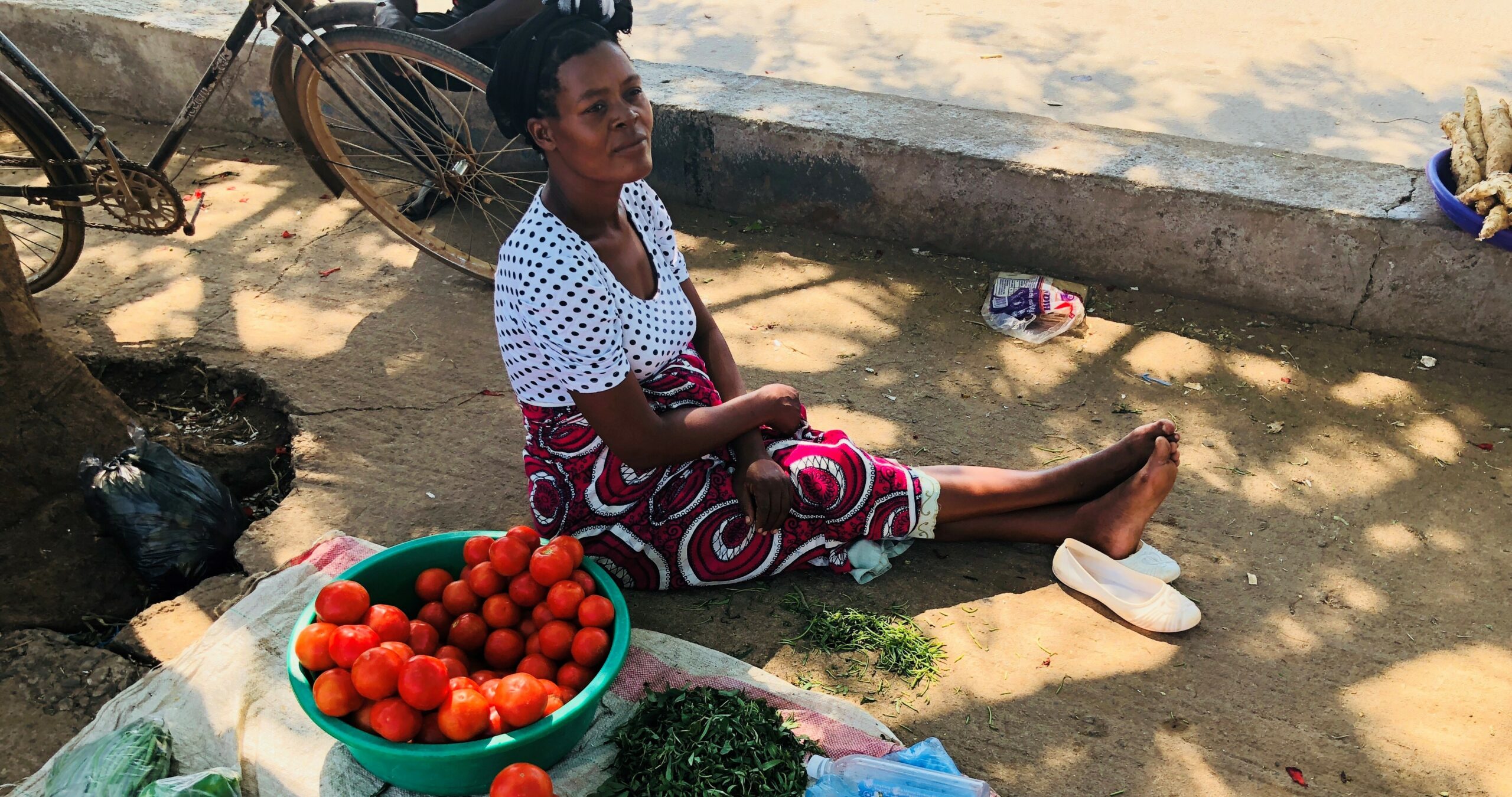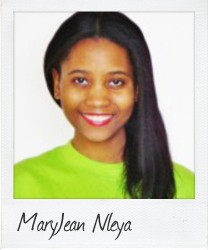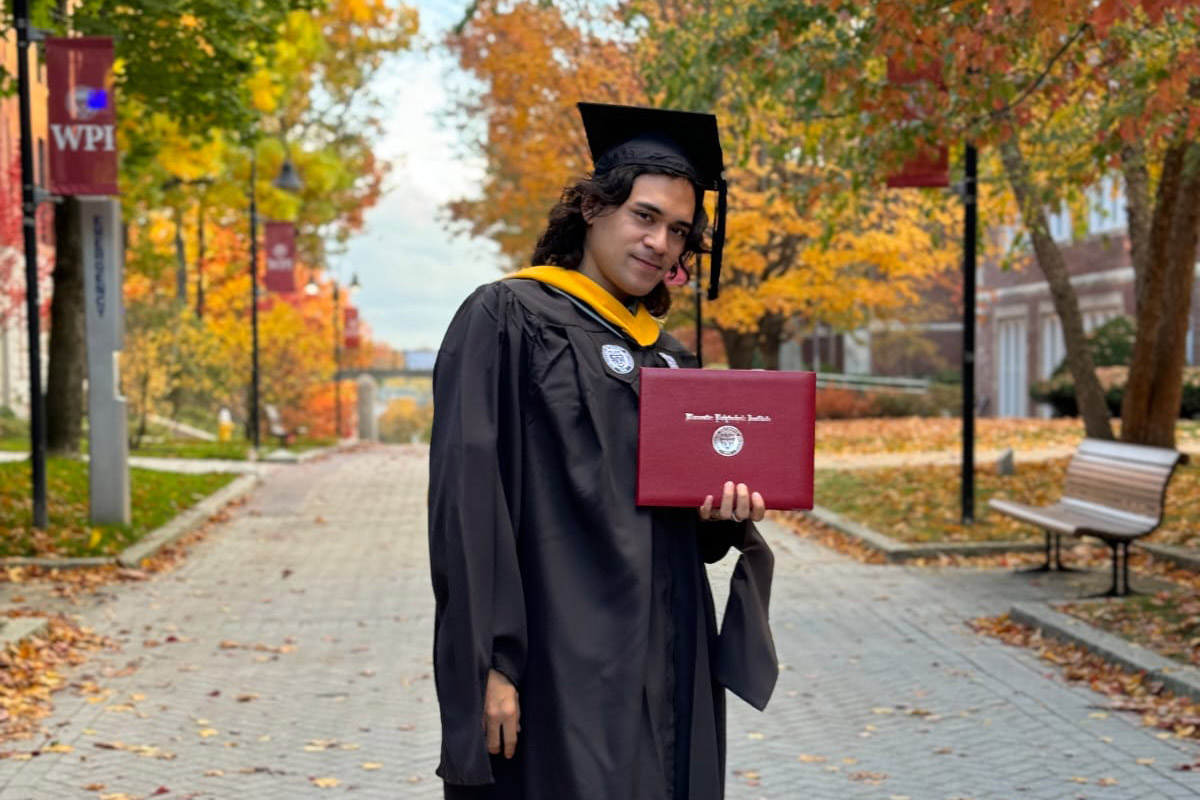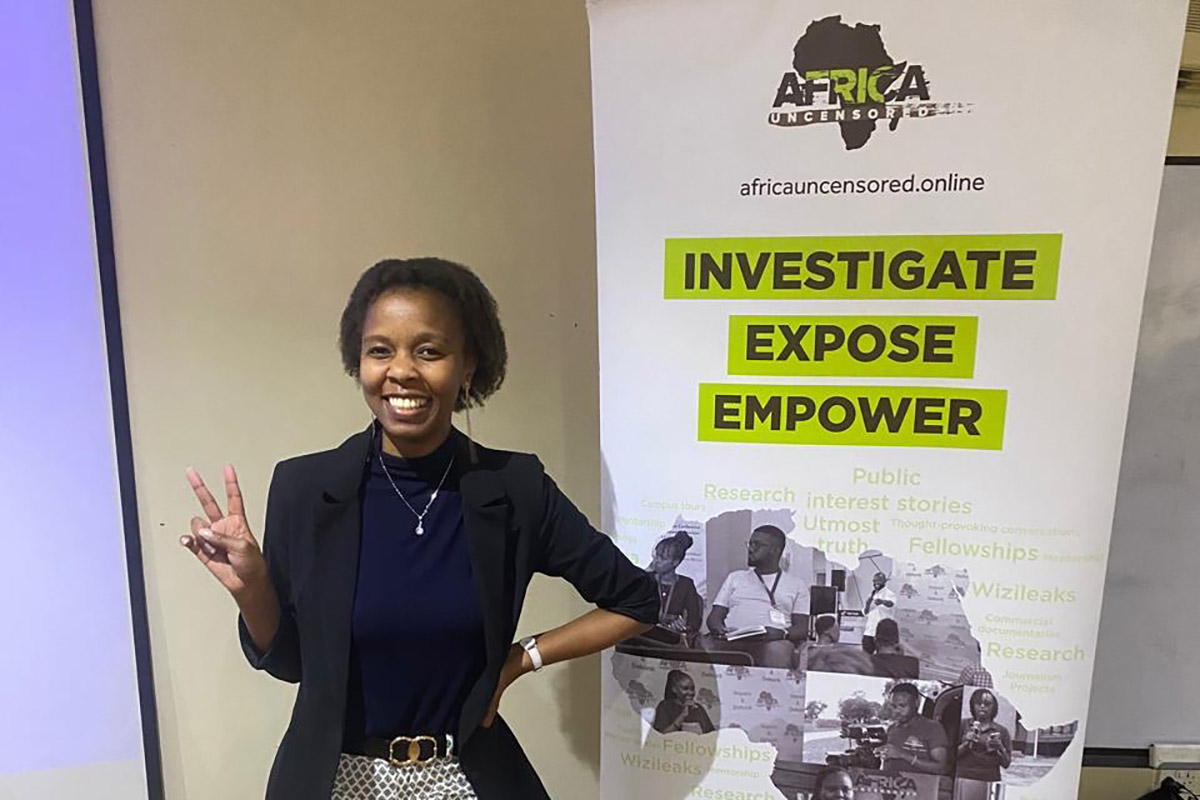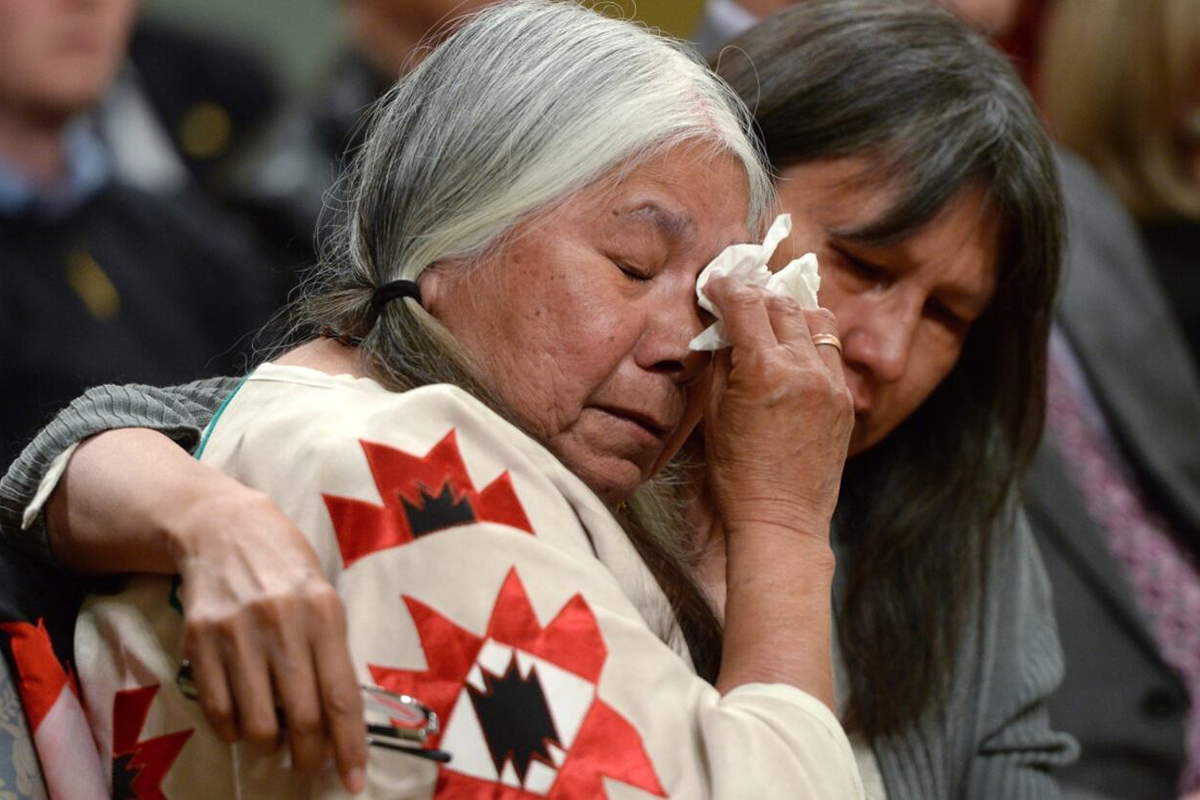“SDGs and conversations in a Malawi market”
October 30The 2030 Agenda for Sustainable Development envisages a collective journey to ensure that no one is left behind. Mary-Jean Nleya, 25, a Commonwealth Correspondent from Botswana, argues this is not just a journey for the educated, the elite, or the diplomats but a “collective journey” for the uneducated, micro business owners, the poor, and those at the grassroots.
The preamble to the SDGs, which can be found on the Sustainable Development Knowledge Platform, acknowledges that “eradicating poverty in all its forms and dimensions, including extreme poverty, is the greatest global challenge”.
On Monday, 16 October 2017, a public holiday in Malawi, I sat down with two micro business women in Lilongwe, Malawi. This Grassroots Reporting takes the reader to Senti Market, Lilongwe, Malawi. Excerpts here have have been edited for brevity:
Q: Good morning, can you please tell us your name, your age and what you do for a living?
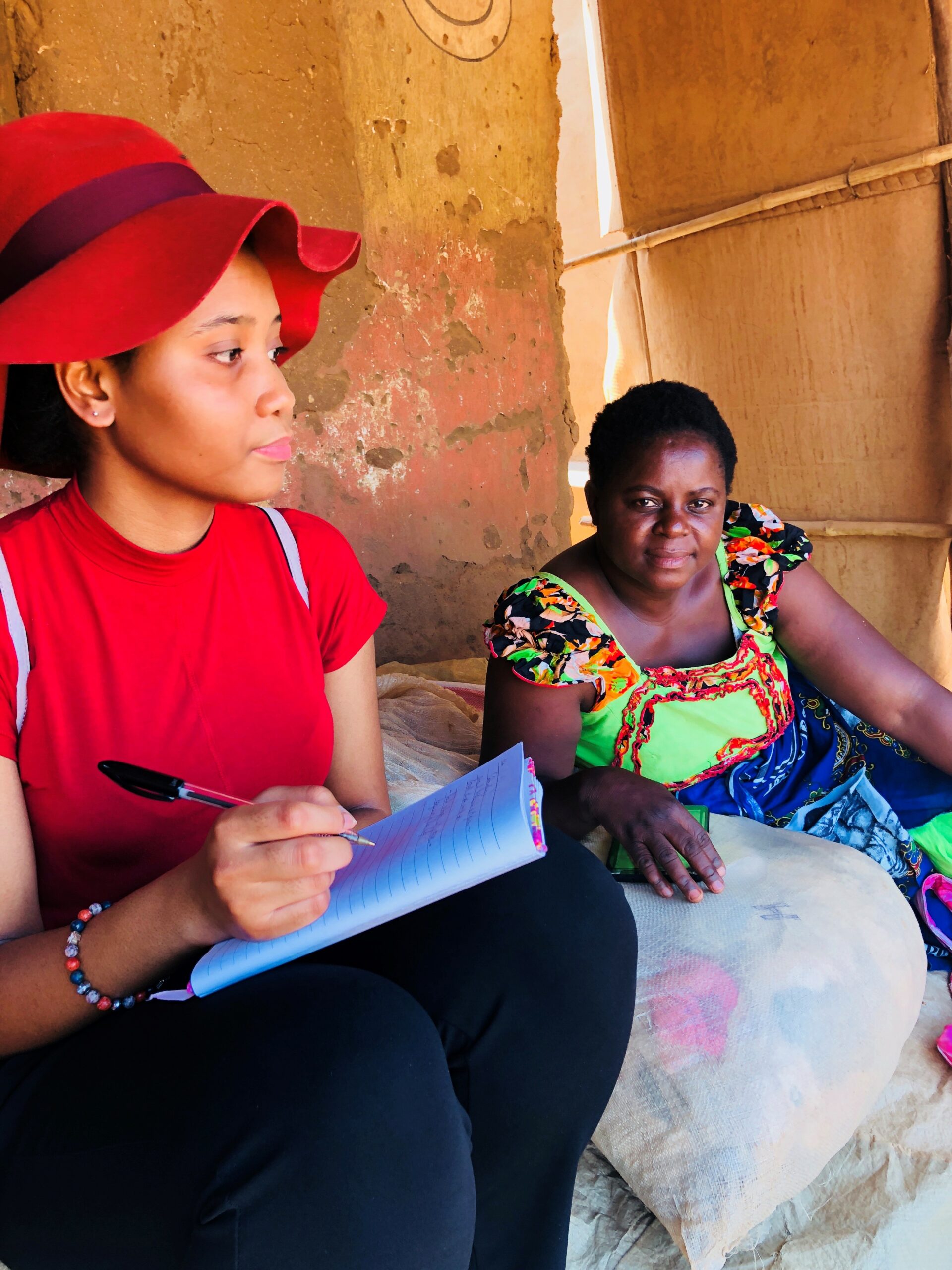 Dorica: My name is Dorica and I am 39 years. I am a business woman. I sell second-hand clothes and socks.
Dorica: My name is Dorica and I am 39 years. I am a business woman. I sell second-hand clothes and socks.
Lucy: My name is Lucy. I am 37 years old. I am married and I have four children. I sit here and sell tomatoes.
Q: How are your respective businesses doing?
Dorica: I am originally from Blantyre. I came to Lilongwe to do business. I have been in Lilongwe for ten years and have been doing this business for eight years. My business of selling second-hand goods is moving little by little.
Lucy: I have to sell an entire basin of tomatoes; but today I have sold very few tomatoes, I still have this basin full of tomatoes left. The sales have been at a slow pace today. I have been selling tomatoes for three years. Three years before I was not selling tomatoes, I was not doing anything – I was just relying on my husband. My husband’s income was not enough to sustain the family. So that was when I decided to start selling tomatoes.
Q: Is your husband still working today and when did you get married?
Lucy: I got married in 1997 and my husband is still working. He is a cleaner in one of the government buildings.
Q: Did you get the opportunity to attend school?
Dorica: I went to school, but only until Standard 8, that is the final year of primary school – just before secondary school.
Lucy: I attended school and I stopped schooling in Standard 7.
Q: What made you both stop schooling?
Dorica: My family did not have enough money to pay my school fees.
Lucy: Growing up, my family was very poor and they did not have enough money for me to continue with my schooling.I was the one paying for my schooling until Standard 7 – I was working and using the monies I was paid to pay for my schooling. It reached a point where I did not have enough time to both work and go to school, so I had to quit school. I am happy now that primary school in Malawi is free; it was not free when I was in school. Two of my children are enjoying free education. I am paying school fees for two of my children, the first and second born who are both in secondary school – one is in Form 1 and the other in Form 2.
Q: So, Lucy, you favour free education?
Lucy: As a matter of fact, I prefer to pay for education, because anything that is free has a low standard.
Q: So, you want to pay money for your children’s education?
Lucy: It is not that I want to pay for education. I have just realised that anything free has a low standard and when you pay money, the thing has a higher standard. I favour quality education. I support my children to pursue their education. I did not receive the same kind of support from my family when I was growing up.
Q: What motivates you in life?
Dorica: [Laughing] I am a proud Malawian – God made it this way. I am a Malawian and an African.
Lucy: I am motivated when my business does well. Today, I am not motivated. My business did not do well – I did not sell many tomatoes today and so I am not motivated and I am not happy.
Q: You are both in your late 30s – what do you aspire to become? Where do you both want to see yourselves in life?
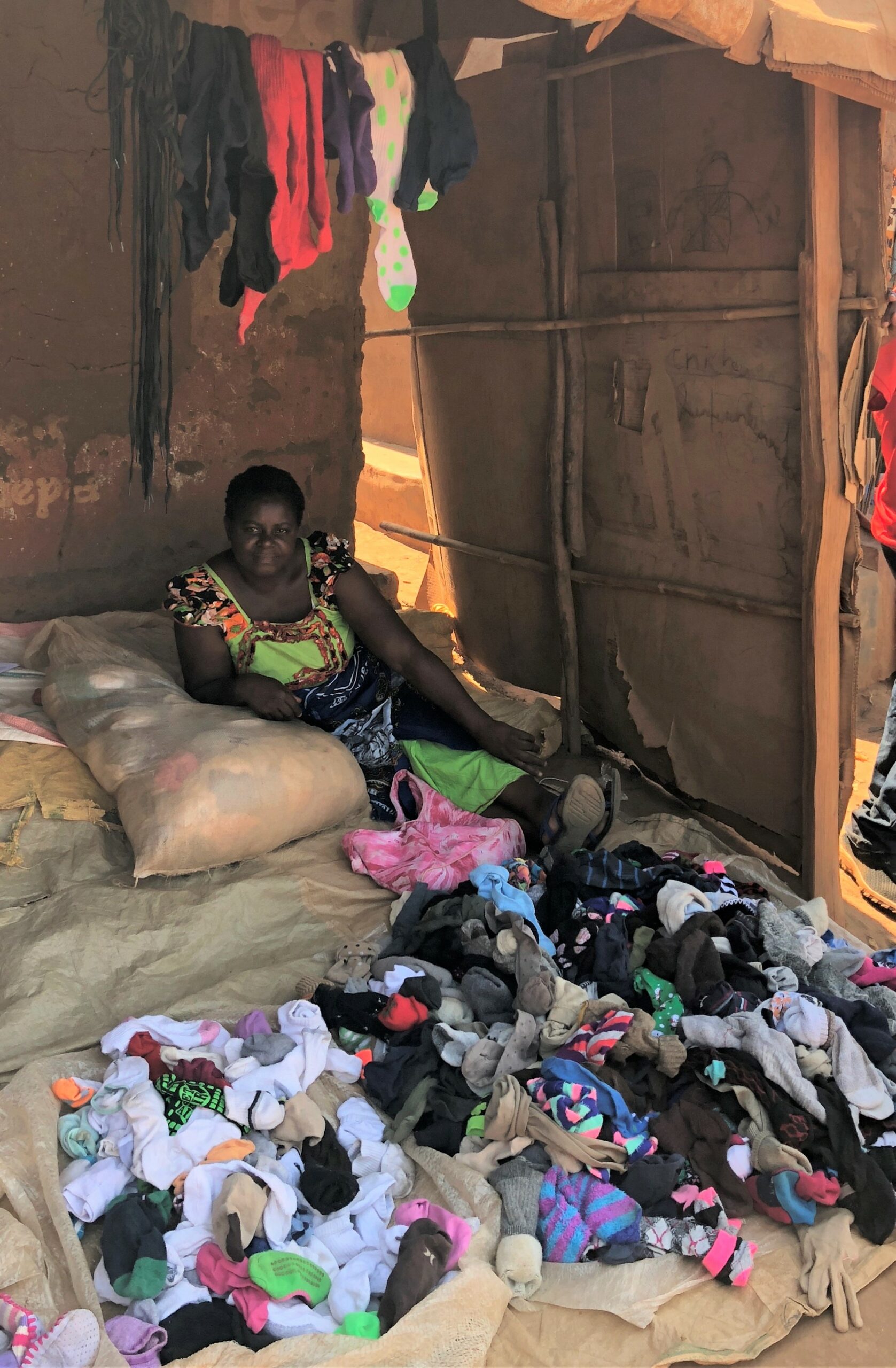 Dorica: I want to receive support for my business and grow my business. I wish international and local organisations would be interested in helping and supporting business women like me to upgrade and boost our businesses. Right now, my profits are so small it is very difficult to even grow this business beyond what it is now. There are some organisations like FINCA that try to cater for people like me. The problem is that my business is so small that after borrowing money from FINCA, repaying the money makes my business go down again because profits are very small from this business.
Dorica: I want to receive support for my business and grow my business. I wish international and local organisations would be interested in helping and supporting business women like me to upgrade and boost our businesses. Right now, my profits are so small it is very difficult to even grow this business beyond what it is now. There are some organisations like FINCA that try to cater for people like me. The problem is that my business is so small that after borrowing money from FINCA, repaying the money makes my business go down again because profits are very small from this business.
Lucy: I want to become a big business woman. I want to sell clothes at a large scale. Right now, I go to the gardens and buy tomatoes from people there and come here to sell them. I also want my children to finish school and start working.
***
Ensuring that indeed no one is left behind in 2030, conversations with those at the bottom of the pyramid are imperative to be had. Such conversations give a human face to many of the development issues and policy discussions had at high level meetings. These two women, Dorica and Lucy, represent many women whose views may differ; but whose perspectives are fundamental, nonetheless, in the achievement of the 17 global goals and its 169 targets. From this discussion, with Dorica and Lucy, the next step is to understand ways to better improve financing methods and business support for micro-business women to empower women such as these.
Note: This article first appeared on The Global Communiqué. The interviews were conducted with the assistance of a translator. The images and the contents of the interview were done with the consent of the interviewees.
Photos: courtesy of Mary-Jean Nleya, Willard, The Global Communiqué,
…………………………………………………………………………………………………………………
About me: I am a young African who has a keen interest in the intersection between law, the media and economic development. I am also founder and editor of The Global Communiqué
I have conducted extensive research on legal adjudicative methods to promote women’s rights, sustainable economic development and the African Growth and Opportunity Act and its implications on various sub-Saharan African economies. I am a One Young World Ambassador and hold an LL.M. from Harvard Law School and a LL.B. (cum laude) from the University of Pretoria, South Africa.
…………………………………………………………………………………………………………………
Opinions expressed in this article are those of the author and do not necessarily represent the views of the Commonwealth Youth Programme. Articles are published in a spirit of dialogue, respect and understanding. If you disagree, why not submit a response?
To learn more about becoming a Commonwealth Correspondent please visit: http://www.yourcommonwealth.org/submit-articles/
…………………………………………………………………………………………………………………
netheless, in the achievement of the 17 global goals and its 169 targets. From this discussion, with Dorica and Lucy, the next step is to understand ways to better improve financing methods and business support for micro-business women to empower women such as these.
Note: The interviews were conducted with the assistance of a translator. The images and the contents of the interview were done with the consent of the interviewees.
…………………………………………………………………………………………………………………
About me: I am a young African who has a keen interest in the intersection between law, the media and economic development. I am also founder and editor of The Global Communiqué
I have conducted extensive research on legal adjudicative methods to promote women’s rights, sustainable economic development and the African Growth and Opportunity Act and its implications on various sub-Saharan African economies. I am a One Young World Ambassador and hold an LL.M. from Harvard Law School and a LL.B. (cum laude) from the University of Pretoria, South Africa.
…………………………………………………………………………………………………………………
Opinions expressed in this article are those of the author and do not necessarily represent the views of the Commonwealth Youth Programme. Articles are published in a spirit of dialogue, respect and understanding. If you disagree, why not submit a response?
To learn more about becoming a Commonwealth Correspondent please visit: http://www.yourcommonwealth.org/submit-articles/
…………………………………………………………………………………………………………………
